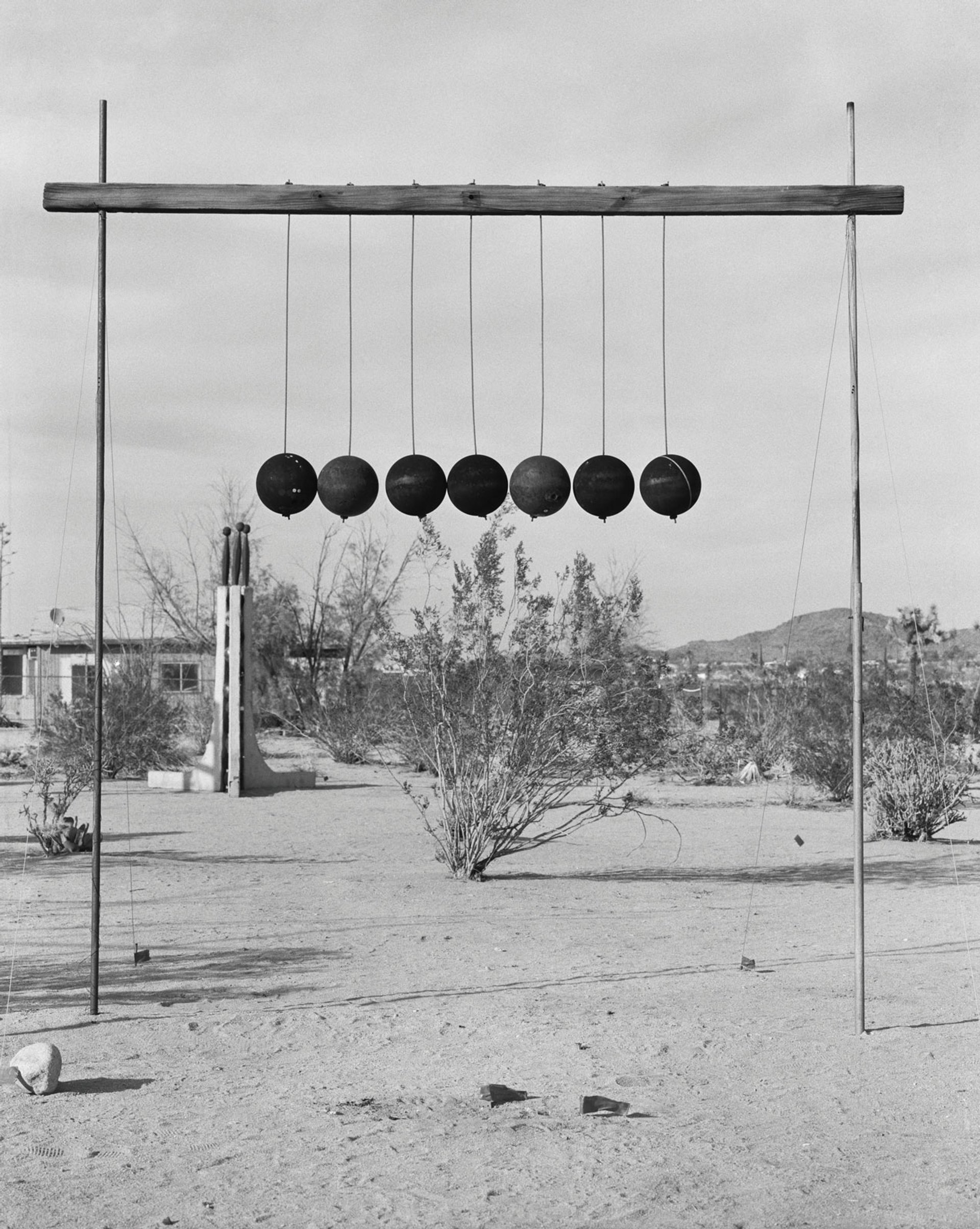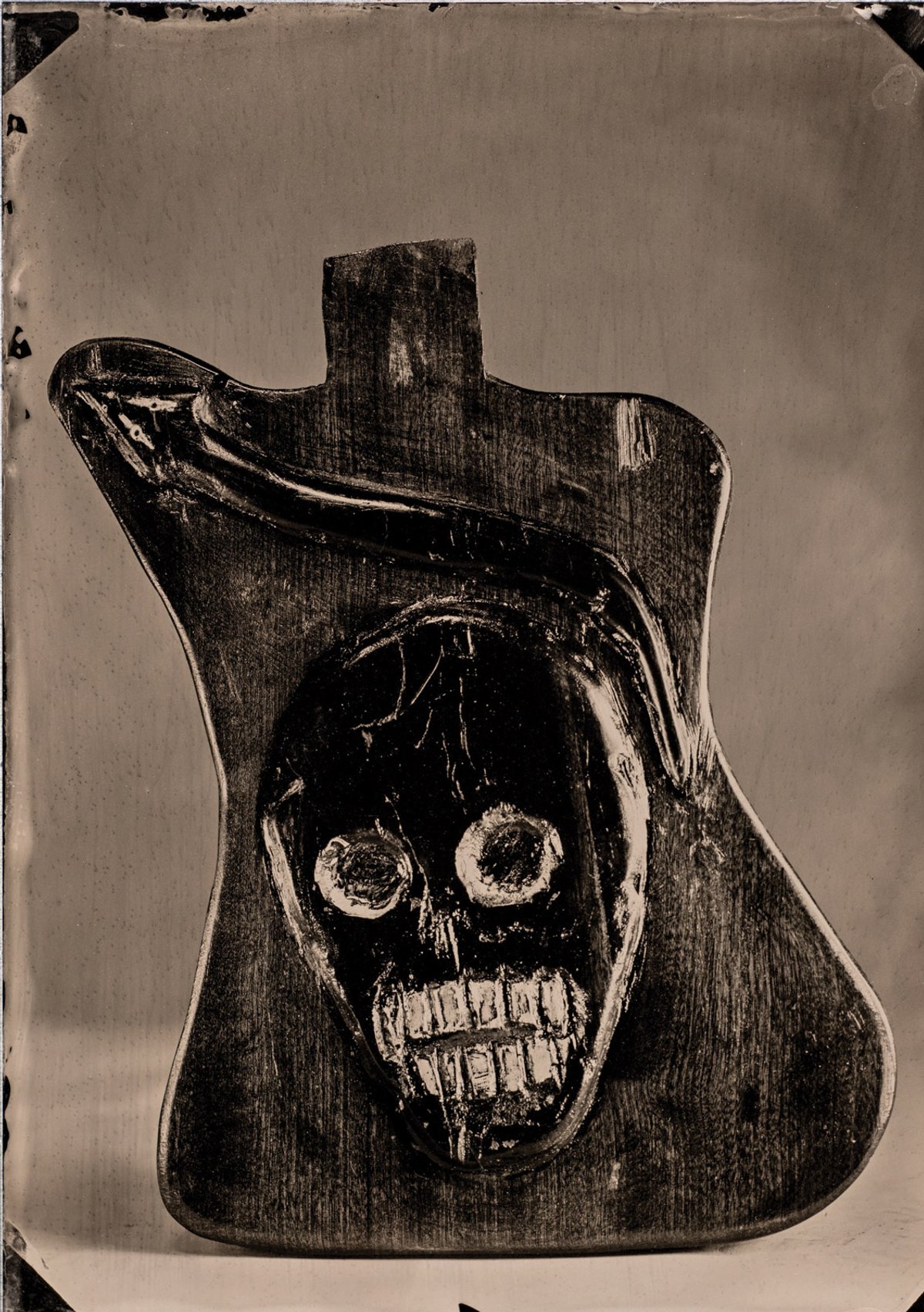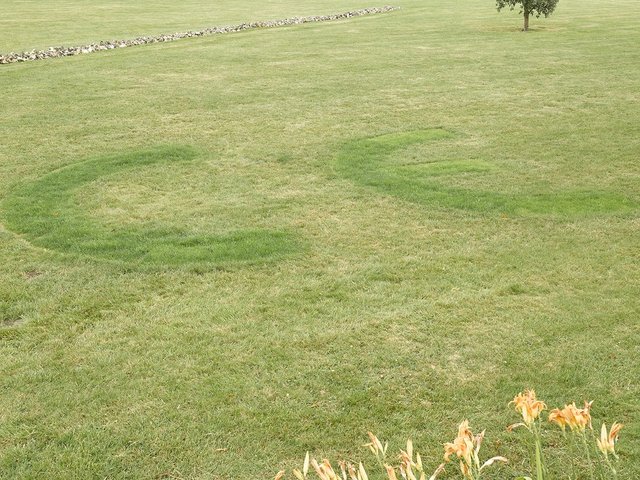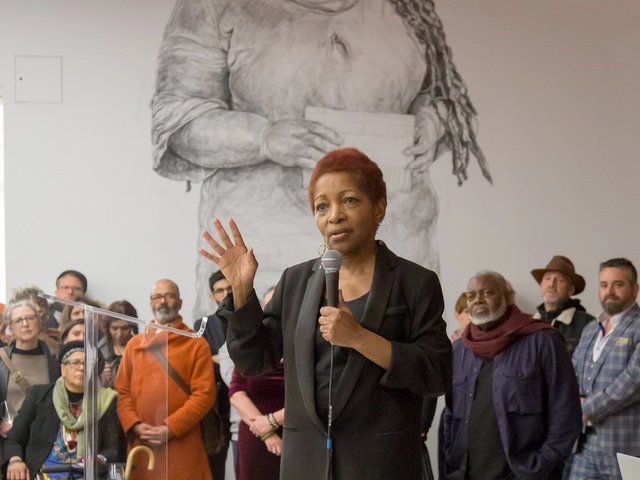When the British artist Hannah Collins first encountered the mesmerising outdoor assemblages of Noah Purifoy in the Californian desert, she was stunned. Everyone always is. Purifoy’s powerful DIY aesthetic was born of the political strife that characterised 1960s America. Amid his works, visitors could read one of his enduring quotes: “What are you going to do about it?” What Collins did was to research Purifoy’s background in Alabama, and the artists working alongside him; the result is a remarkable exhibition opening this week at Turner Contemporary in Margate.
The group show, We Will Walk, brings together around 70 works—paintings, sculptures, assemblages, quilts and photographic documentation of in-situ installations—by more than 20 artists from America’s Deep South. While most were long considered outsiders, working in complete isolation from the wider art world, recent years have seen the likes of Thornton Dial and Lonnie Holley finally receive the institutional attention they deserve.
To date, very little has been shown on this side of the pond though, so for Turner Contemporary this is quite a coup. First, there is the historical context that lends each piece such heft. Collins has roped in the academic Paul Goodwin, a specialist in fugitive art practices, as co-curator; a Chicago-based musicologist to compile a protest soundtrack for the show; and a law professor from the South to draw up the timeline visitors will be faced with when they enter the space. There is also extensive archival material sourced from the pre-eminent civil rights photography collection in the US. As Collins puts it: “You’re going to be immediately educated”.

The Interior and the Exterior (2015) by Noah Purifoy © image Hannah Collins
Then there are the works themselves: Thornton Dial’s discreet, devastating fishhooks; Freeman Vines’s hand-sculpted guitars; the architectural splendours that are the Gee’s Bend quilts; and large prints documenting the open-air wonders spun from detritus and debris in the yards of Emmer Sewell, Joe Minter and Dinah Young. It all speaks to the pain and power of a people oppressed and fighting back. Crucially, works by contemporary heavyweights such as Kara Walker, Kerry James Marshall and the activist photographer Sheila Pree Bright’s work on Black Lives Matter, bring the show up to date. All the work clearly speaks to now.
The show is supported by the Henry Moore Foundation and the Art Fund.
• We Will Walk: Art and Resistance in the American South, Turner Contemporary, Margate, 7 February-3 May




